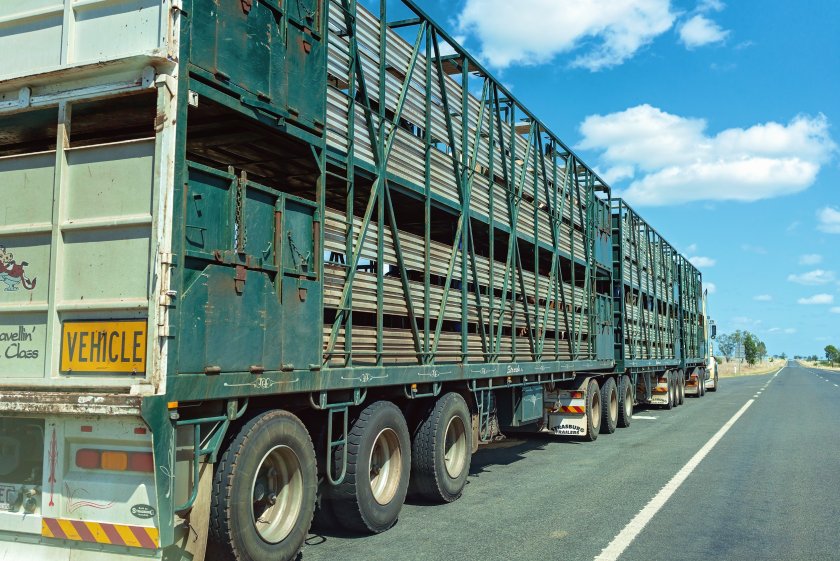
The new Defra Secretary Steve Barclay has been urged by animal welfare campaigners to prioritise a new bill that will ban the live export of animals.
Mr Barclay's appointment as environment secretary comes just days after plans for an Animal Welfare (Livestock Exports) Bill were included in the King's Speech.
However, the proposed ban has already hit the buffers once during this parliamentary term - after the government binned its Kept Animals Bill, which was anticipated to be the cornerstone of its animal welfare agenda.
Now the new Defra Secretary, who was appointed this week after the prime minister's reshuffle, has been urged by animal welfare groups to ensure a new bill is 'at the top of his in-tray'.
Kerry Postlewhite, assistant director of campaigns at the RSPCA, said it was 'imperative' that the government banned the live export of animals.
"While we were bitterly disappointed when the Kept Animals Bill was dropped, last week's King's Speech was a real moment of celebration for our 50 year campaign to end live exports.
"We urge the new Secretary of State to get this issue at the top of his in-tray and ensure this law finally becomes a reality."
Mr Barclay has previously shown strong support for the need to legislate against the live export of animals.
In 2019, he posted on Twitter, now X, that leaving the EU would allow live animal exports to be banned, and said his party wanted to "get on with the job of protecting animal welfare once we leave the EU".
The following month, he said that the "Conservatives have pledged to stop this cruel practice once we leave the EU".
However, farming groups have frequently warned that any significant regulatory changes to live exports could potentially have a major impact on the UK food supply chain.
The Farmers' Union of Wales (FUW) said the ban could cause an oversupply in UK markets, resulting in lower demand and therefore prices farmers receive for their stock.
And the Ruminant Health & Welfare (RH&W) group – whose members represent the breadth of the supply chain – said Defra must take responsibility for the impact of the ban on businesses.
It comes after New Zealand banned live exports earlier this year and Australia has committed to phasing out exports.
And in April, a Brazilian court banned the export of live cattle from all the country's ports.
The last live export to leave the UK was on 31 December 2020, but the RSPCA's Kerry Postlewhite said that with no law in place, a live export could 'start again at any time'.
"It's time the outdated and cruel export of live animals is finally consigned to the history books, protecting animals at home and sending a big statement about this practice internationally too."
